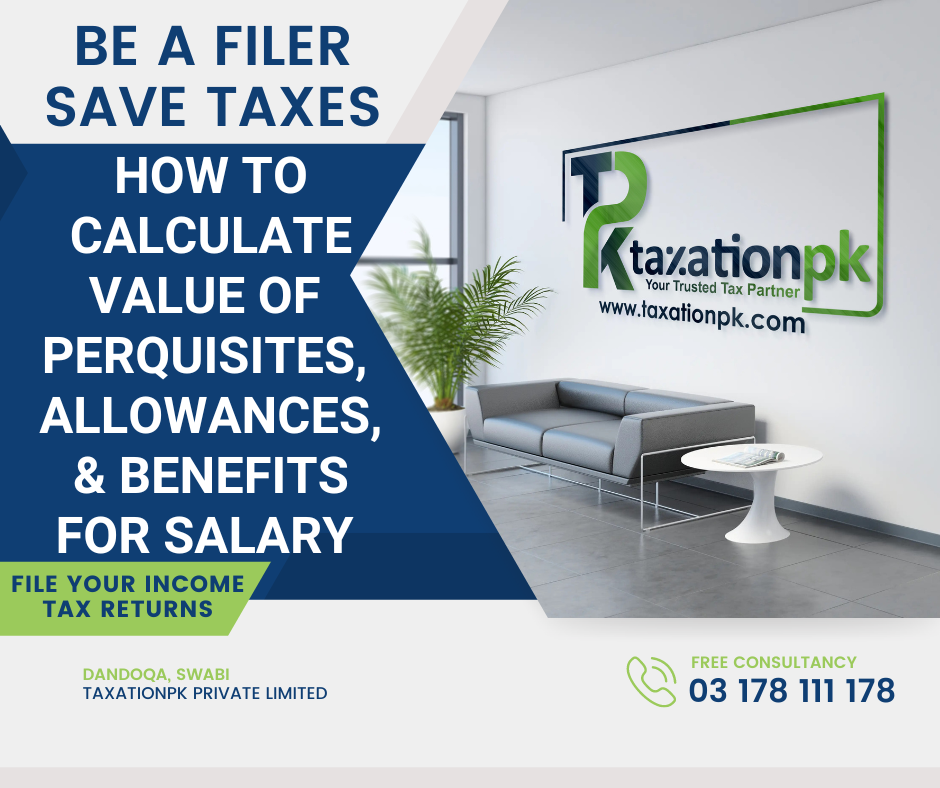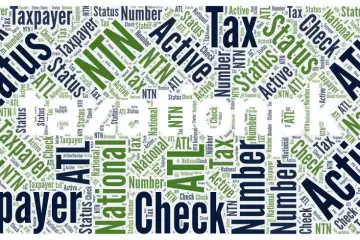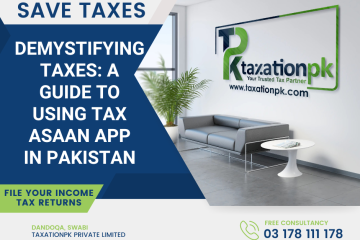Calculating your taxable income in Pakistan involves understanding not just your basic salary but also the value of any perquisites, allowances, and benefits provided by your employer. This article delves into the relevant tax rules to help you navigate these aspects of your salary package.
What are Perquisites, Allowances, and Benefits?
Beyond your base salary, employers might offer various perks to enhance your work experience. These can include:
- Accommodation: This could be housing provided by the company or a housing allowance.
- Transportation: Company-owned vehicles or conveyance allowance can be offered to facilitate commuting.
- Other Benefits: These can encompass utilities (electricity, gas), club memberships, educational assistance, or meal vouchers.
Tax Implications of Employer-Provided Benefits
The Income Tax Ordinance, 2001, dictates that the value of all perquisites, allowances, and benefits must be included in your taxable income under the head “salary”. This essentially means these benefits are treated as part of your earnings and are subject to income tax.
Valuation of Accommodation
The tax value of accommodation provided by your employer is determined in two ways:
- Market Rent: The value is considered equal to the amount the employer would have paid to rent the same accommodation if not provided to you.
- Minimum Threshold: Regardless of the market rent, the taxable value cannot be less than 45% of the minimum salary within your pay scale (or your base salary if there’s no pay scale).
Additional Consideration for House Rent Allowance (HRA):
If you receive a separate House Rent Allowance, there’s a further provision:
- When HRA is 30% of Base Salary: In this scenario, the taxable value of accommodation can be reduced to a minimum of 30% of your base salary, instead of the standard 45%.
Valuation of Transportation
The tax value of a company-provided vehicle depends on its usage (Part I, Section 5):
- Part Personal, Part Official: If you use the vehicle for both personal and work purposes, the taxable value is 5% of its cost (if purchased) or its fair market value at the lease commencement (if leased).
- Personal Use Only: When the vehicle is solely for personal use, the taxable value is 10% of its cost (if purchased) or its fair market value at the lease commencement (if leased).
Who is Considered an Employee for Tax Purposes?
For these tax rules, the definition of “employee” includes company directors.
Additional Considerations:
- Valuation Methods: While the rules specify methods for valuing accommodation and transportation, the tax authorities might have additional regulations for valuing other benefits. Consulting a tax professional can clarify these details.
- Record Keeping: Maintaining records for employer-provided benefits can be helpful during tax filing.
By understanding how perquisites, allowances, and benefits are valued for tax purposes, you can ensure accurate calculation of your taxable income and smoother tax filing experience.







